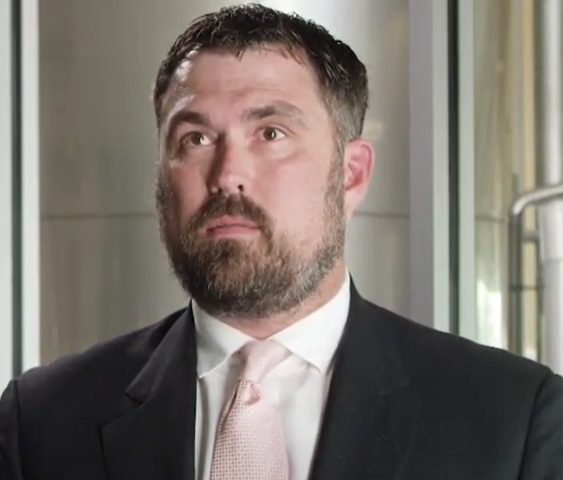Veteran Morgan Luttrell knows how service members never stop. He respects their "go, go, go" approach. He also knows the kind of support and camaraderie the service provides and what it means to lose that community when you return to civilian life.
Learn more about some of the treatments available for those recovering from brain injury and PTSD using our Treatment Hub.
Watch more videos from Morgan Luttrell.
It is the greatest thing ever to be in that community and to be around those people. There was nothing that affects them. It’s sad because once you exit that community it’s when it all comes crashing down because you don't have the, you don't have the resourcefulness of the guys around you to keep you lifted up. Because it’s never leave a man behind, right? And we’d carry you through anything. But once that’s not there and it all comes on your shoulders, it’s a weight, a very heavy one. And that’s the problems that we’re seeing now with the tier one community, the Special Forces community, the soft community, if you will. The burdens that those guys carry around just because of everything they do, they have done, they are still doing. We’re still fighting a war, been doing it for sixteen years. No end in sight. These guys in that community have never stopped. Start, finish no matter what. Going and going and going. I only did fourteen years. Piece of cake. These guys that are doing it for twenty plus - man. They’ve got some baggage. This video was produced by BrainLine thanks to generous support from the Infinite Hero Foundation
This video was produced by BrainLine thanks to generous support from the Infinite Hero Foundation.
About the author: Morgan Luttrell
Morgan Luttrell is a Navy SEAL veteran. He sustained back injures including major damage to his spinal cord and suffered a traumatic brain injury in a helicopter crash during training. When he got out, he said he traveled the country trying to figure out how to “fix” his brain. He earned a master’s degree in applied cognition and neuroscience and a Ph.D. focusing his studies on helping veterans with PTSD and other traumatic brain injuries.

